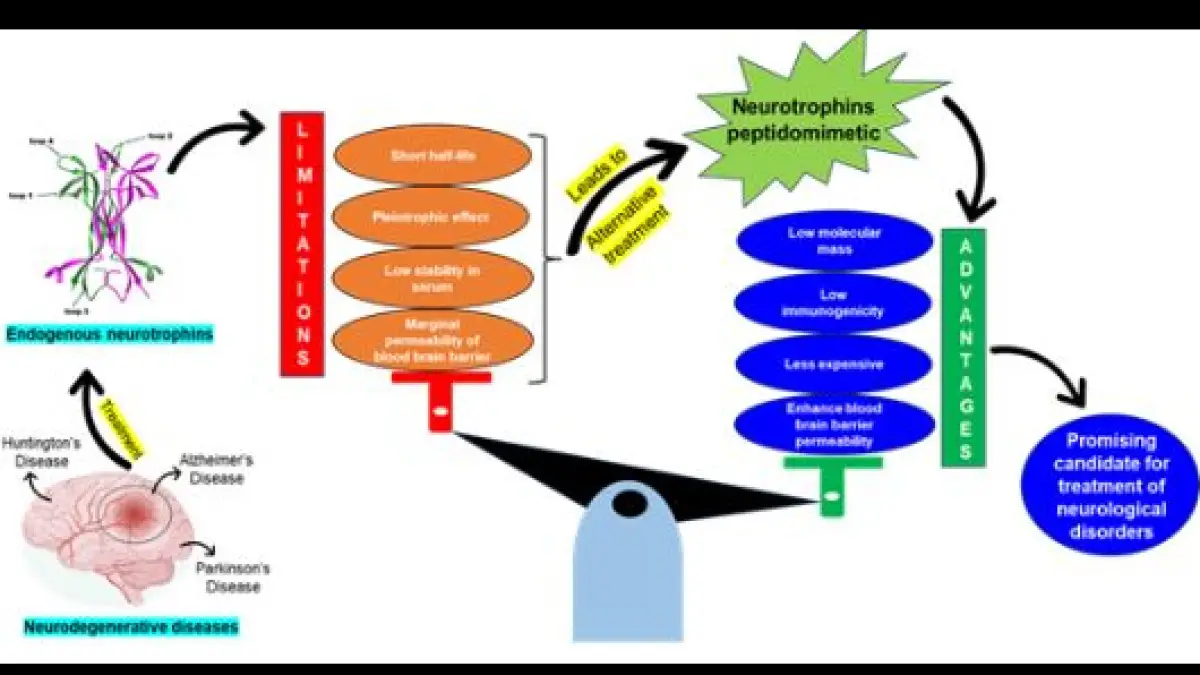In the worldwide fight against neurodegenerative diseases (NDs), a novel group of artificial compounds called peptidomimetics is presenting itself as a strong therapeutic option. The artificial molecules, designed in the laboratory, are mimicking proteins' structure and function, especially neurotrophins — proteins crucial for the survival, development, and functioning of neurons.
hough neurotrophins have been researched for years regarding their ability to be used in the treatment of such disorders as Alzheimer's, Parkinson's, and Huntington's disease, they have not been widely used in clinical settings. Their natural instability and quick degradation in the body have made them hard to use effectively. Neurotrophin-mimetic peptidomimetics are more stable, bioavailable, and target-specific, thus better suited for therapeutic purposes.
Seeing this possibility, a research group at the Institute of Advanced Study in Science and Technology (IASST) — an autonomous institute of India's Department of Science and Technology (DST) — has been exploring the possibilities of using peptidomimetics for the treatment of NDs. Under the guidance of Prof. Ashis K. Mukherjee, the group has targeted the detection of important pharmacological targets, exploring the signaling pathways that regulate neuronal health, and assessing how these molecules might induce neuronal regeneration and protection.
Their results, published recently in the journal Drug Discovery Today, point out how such synthetic molecules might bypass some of the drawbacks of natural neurotrophins. Peptidomimetics not only stay therapeutically active for longer periods but can be optimized to bind very specifically to their target receptors, reducing side effects.
The IASST scientists are also investigating the possibility of reusing already available peptidomimetic drugs that were first created for other diseases such as cancer to treat NDs. This method would accelerate drug discovery and clinical translation. In addition, they propose that developing new drug templates based on neurotrophins may give rise to new therapies for various neurodegenerative disorders.
As scientific knowledge continues to advance, peptidomimetics may signal a breakthrough in the quest for effective treatments of ND — holding out long-term promise to millions of patients worldwide suffering from progressive neurological deterioration






















